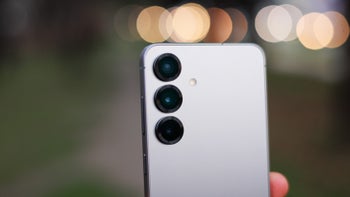FTC suing AT&T over "deceptive" throttling of unlimited users

Not too long ago, it was revealed that AT&T (unsurprisingly) was using some shady methods to push wireless subscribers away from the old unlimited plans and towards newer limited data plans. Word was that although AT&T was claiming it needed to "manage" its network by throttling some high-usage customers, it was actually only targeting those on old unlimited plans. Now, the Federal Trade Commission (FTC) is suing AT&T over those "deceptive" practices.
According to the FTC post on the matter:
The FTC’s complaint alleges that the company failed to adequately disclose to its customers on unlimited data plans that, if they reach a certain amount of data use in a given billing cycle, AT&T reduces – or “throttles” – their data speeds to the point that many common mobile phone applications – like web browsing, GPS navigation and watching streaming video – become difficult or nearly impossible to use.
Ultimately, the FTC is alleging that AT&T has misled customers, because while "unlimited" should mean unlimited, it actually doesn't under AT&T's rules. Instead, AT&T has put restrictions on what are supposed to be unlimited plans, with the not-so-subtle plan to get people to switch off of those legacy plans and onto newer data tiers. The reason the FTC believes it has a case is because AT&T instituted these throttling policies after the fact, effectively changing the terms in the middle of a contract.
Not surprisingly, AT&T doesn't agree with the FTC's view of things, and is using some pretty creative excuses as to why what it has done is legal. First of all, as is the way of an entrenched power, AT&T went with the classic "everyone does it" defense (which is the same excuse you'd get from a cable company if you ask why you can't simply pay for the channels you want, or buy your own cable box), and followed that up with the very interesting defense that the few customers who were affected were notified by text, and also should have seen one of the "nearly 2,000 news stories" about the changes.
It is hard to argue that customers didn't know about the change, but according to the FTC, that's not the point, because you can't change a contract with a national press release and SMS message.
source: FTC via The Next Web
Follow us on Google News










Things that are NOT allowed:
To help keep our community safe and free from spam, we apply temporary limits to newly created accounts: